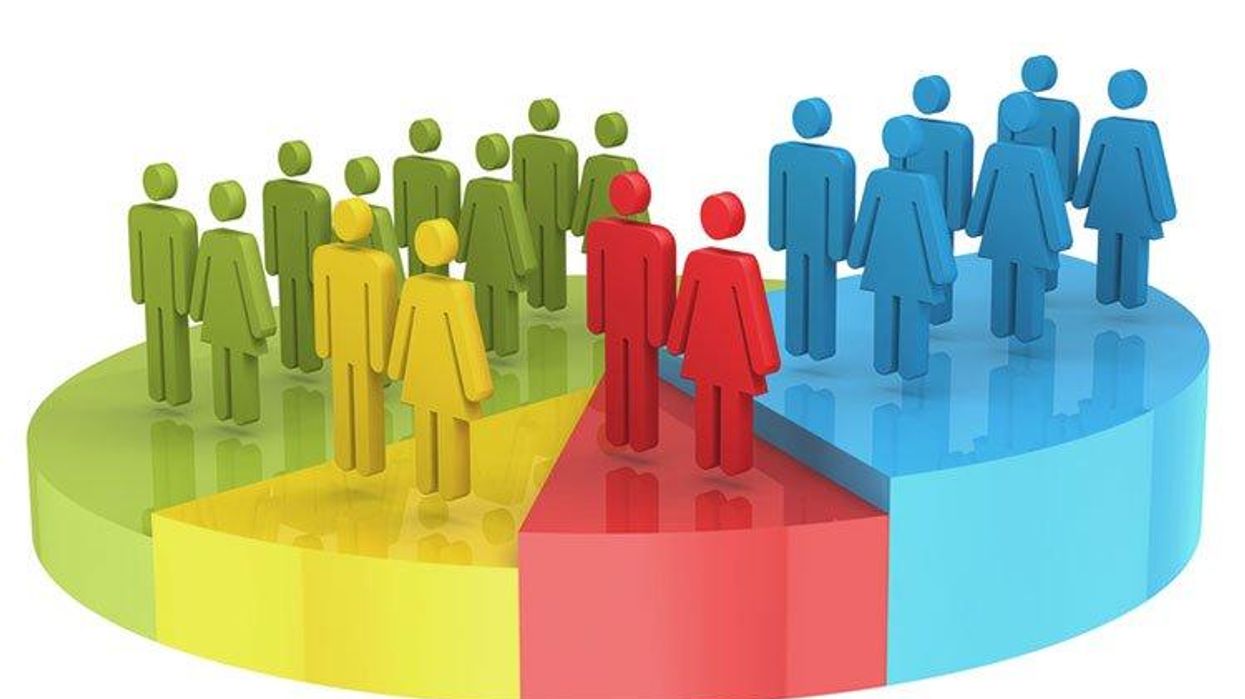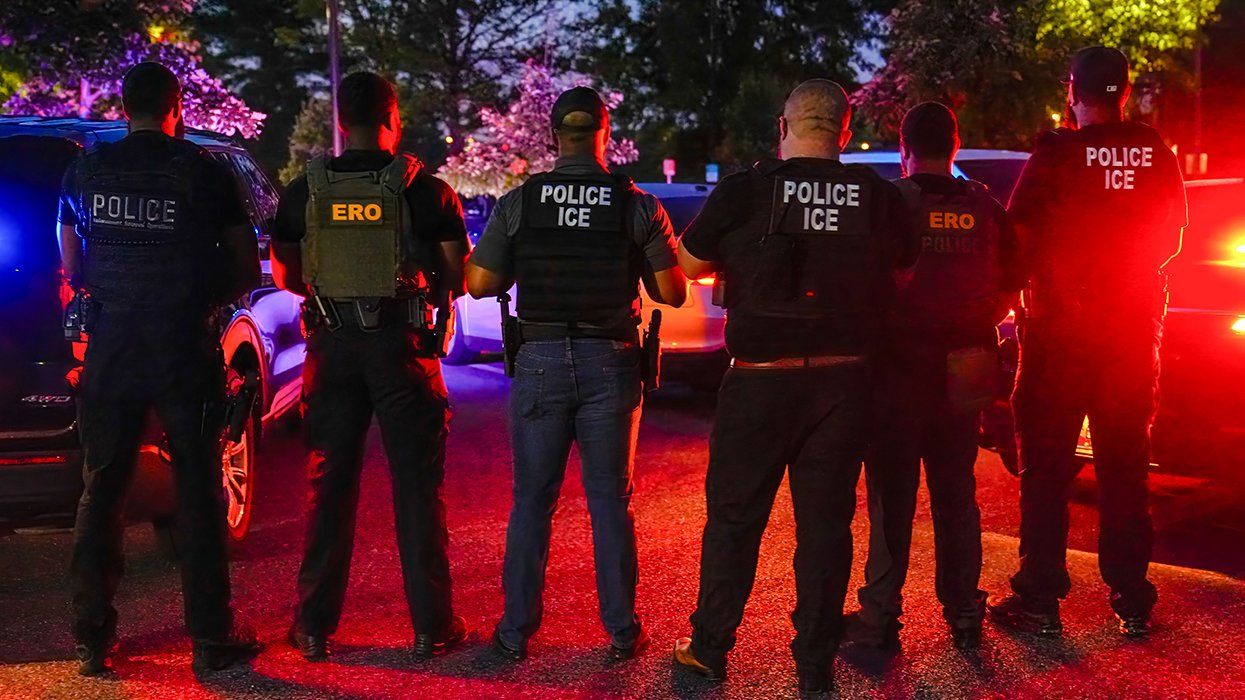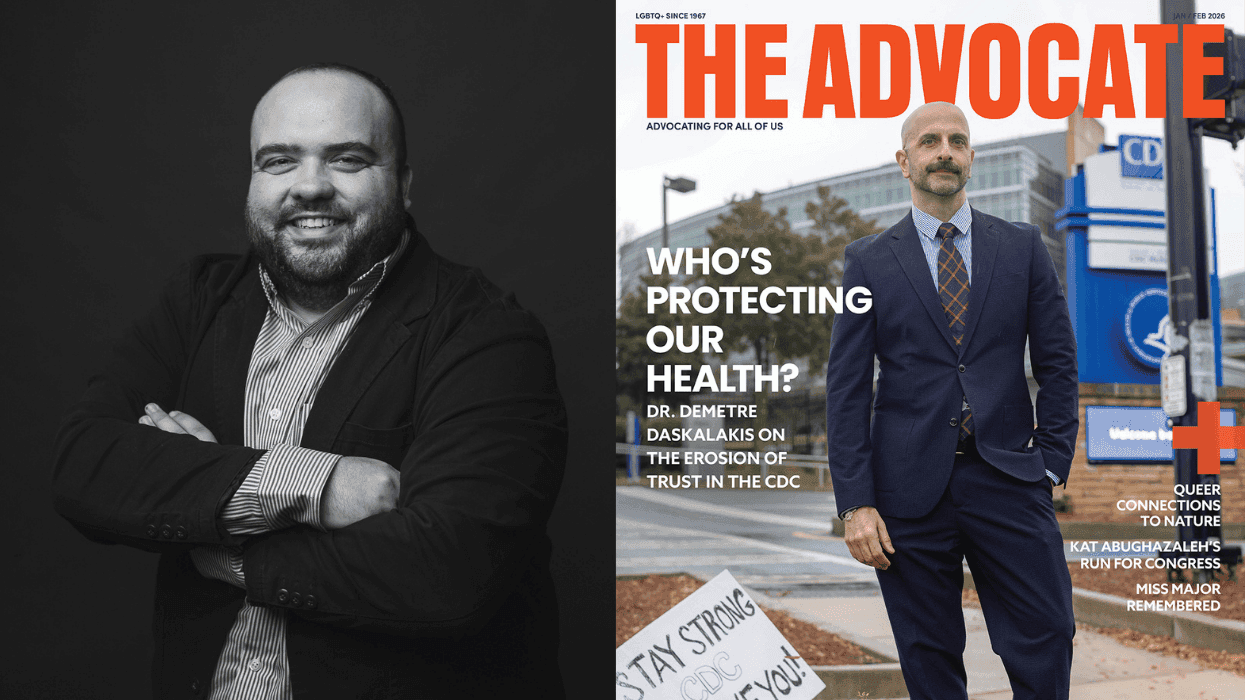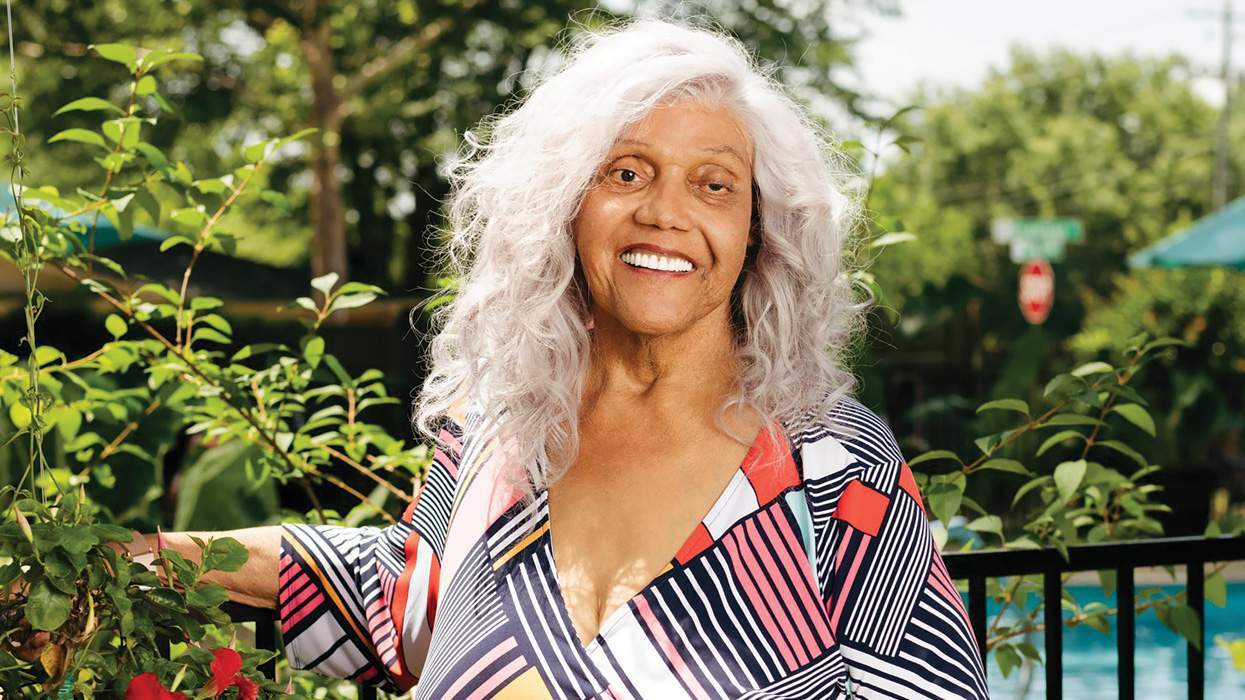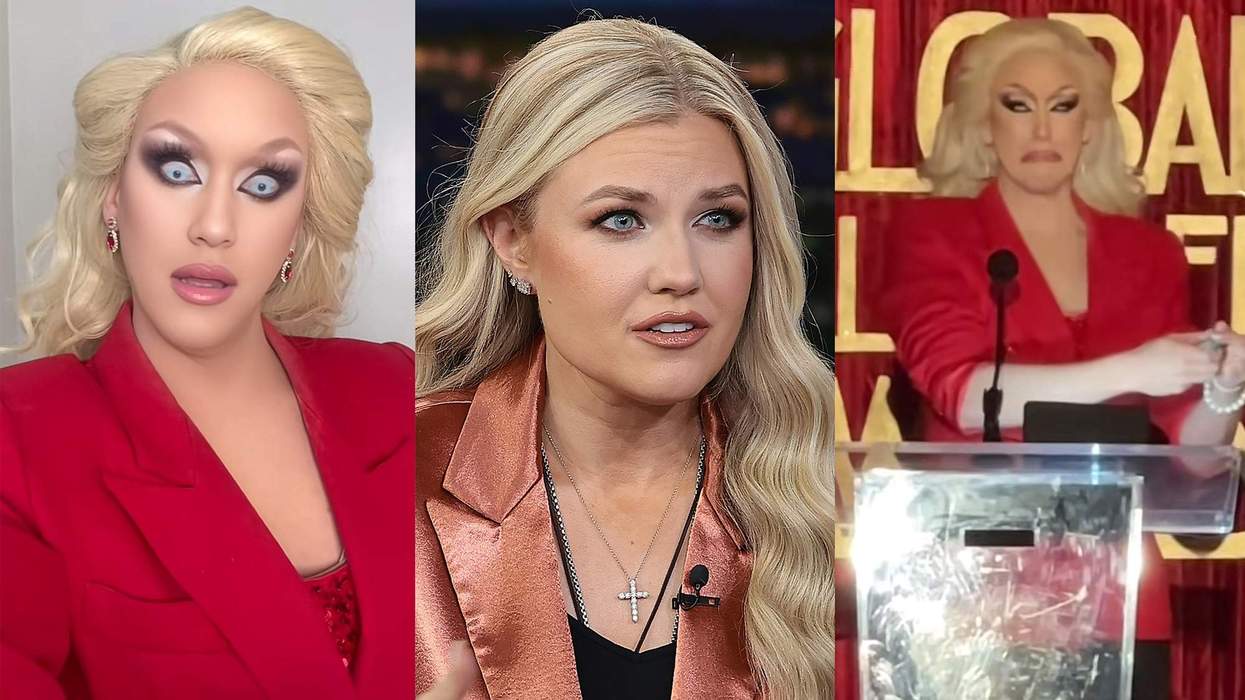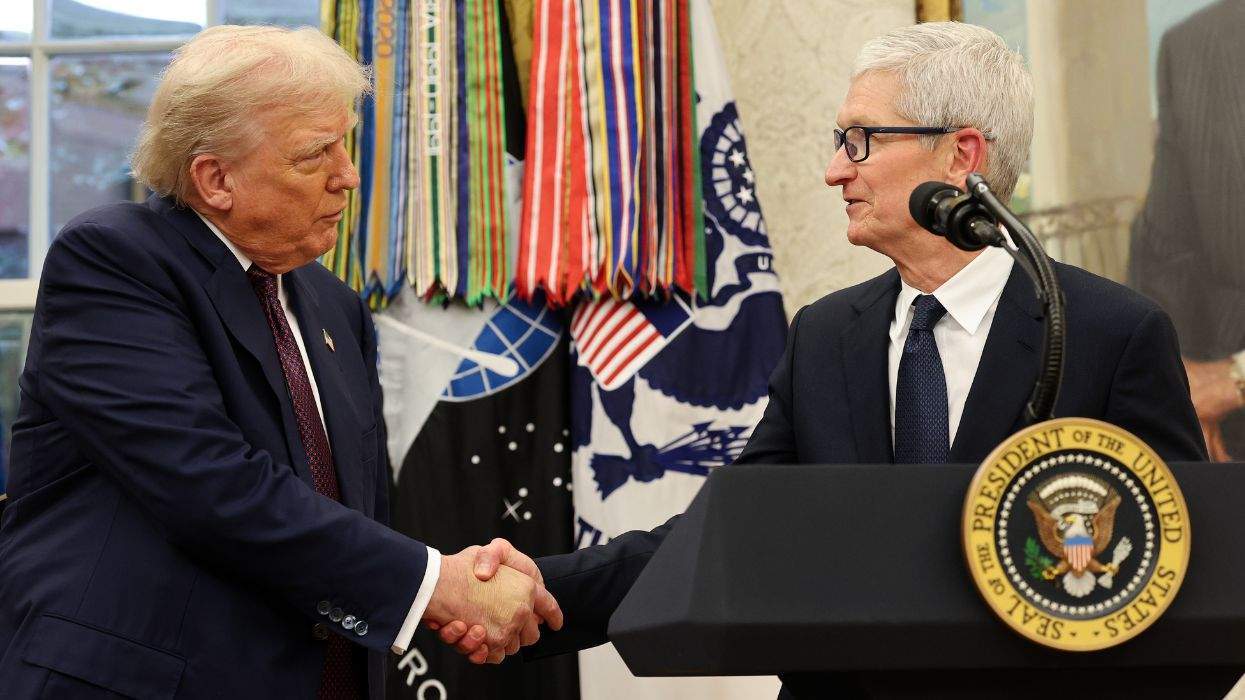After several advisers raised concerns, the U.S. Census Bureau now plans to include a question about sexual orientation in at least one of its surveys, although not its biggest one.
The bureau had considered backtracking on a initial plan to include the question in the Census Barriers, Attitudes and Motivators Survey, but now officials say it "remains a part of the initial set of proposed survey questions," NPR reports. "Responses to this survey help the bureau craft its marketing campaign to encourage different segments of the U.S. population to participate in the 2020 Census," NPR explains. "The survey's questions try to gauge why certain people -- especially among what the bureau considers 'hard-to-count' populations, such as racial and ethnic minorities, unauthorized immigrants, and the lesbian, gay, bisexual and transgender community -- do not participate."
The bureau published a draft of the survey questions in August in the Federal Register, and they included, for the first time, a query about sexual orientation. It asked if respondents identified as straight, gay/lesbian, bisexual, or other, along with a "don't know/prefer not to answer" option. Then, on a conference call with an advisory committee Tuesday, bureau staffers said they were considering a proposal to delete the question. But they didn't have a good explanation for such an action, committee members told NPR.
"The rationale wasn't there at all," Hassan Jaber, executive director and CEO of the Arab Community Center for Economic and Social Services in Dearborn, Mich., told the radio network. Also voicing concern were three others interviewed by NPR: Meghan Maury, policy director for the National LGBTQ Task Force, and two officials with Asian Americans Advancing Justice -- John Yang, the group's president and executive director; and Terry Ao Minnis, director of its census and voting programs.
Today, the bureau released a statement to NPR saying the query "remains a part of the initial set of proposed survey questions. Given the sample size of the CBAMS, the expected response rate, and the percentage of the U.S. population that is LGBT, we would expect the survey to yield a sufficient amount of data upon which to make statistical inferences." NPR asked the bureau who had proposed removing the question but had not received a response by this afternoon.
It looks, however, like questions about sexual orientation and/or gender identity still won't be part of the biggest Census Bureau project, the American Community Survey. The bureau had been considering the inclusion of such questions in the 2020 survey because several officials in President Obama's administration had asked for them. LGBT activists supported their inclusion, saying it would provide needed information on whether the needs of LGBT Americans were being met. But in March the bureau announced there was "no federal data need" to seek this information in the survey, "which is conducted with about 3.5 million households each year and is used to help distribute more than $400 billion in federal funds," NPR reports.
At the time of the announcement, many laid the blame squarely on Donald Trump's administration. Indeed, officials with the Justice Department said they did not think collecting this information would be appropriate. Two Democratic U.S. senators, Tom Carper of Delaware and Kamala Harris of California, have asked the Census Bureau why it's not including these questions, and its response is three months overdue, NPR reports.
As for the Census Barriers, Attitudes and Motivators Survey, Carey, executive director of the National LGBTQ Task Force, issued this statement: "Make no mistake -- public pressure on the Trump Administration works. It was messages from the members of the National LGBTQ Task Force and our partner organizations that compelled the Census Bureau to reverse their appalling decision to stop counting us. Thanks to the efforts of people across the country, the Census will continue collecting data about sexual orientation. We also will continue to push them to collect data about gender identity. Data about the LGBTQ community is absolutely crucial to ensuring that we are distributed the resources we need, that we are represented, and that the most vulnerable in our community are protected."
There have been several other proposals to remove questions about sexual orientation from federal surveys, Maury told NPR. She said she was "excited" about today's action, but added, "We can't stop watching for a single moment."
